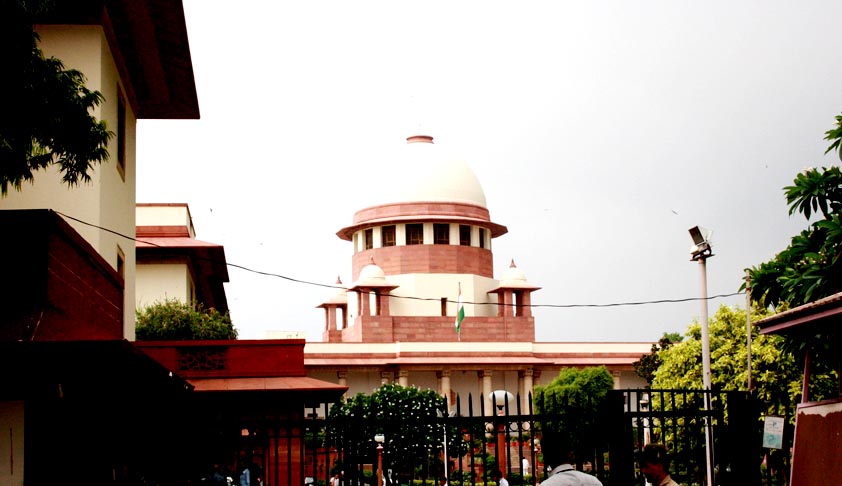Law does not allow juvenile to be tried twice for the same offence: Centre to Supreme Court
LIVELAW NEWS NETWORK
7 Jan 2014 3:16 PM IST

Next Story
7 Jan 2014 3:16 PM IST
A plea filed by the father of the December 16 gang rape victim that the Juvenile Justice Board cannot establish the juvenility of an accused which needs to be ascertained by a criminal court, got an answer, with the Centre informing the Supreme Court that the law did not allow the juvenile, convicted by juvenile board in the December 16 gang rape, to be tried twice for the same offence as...
